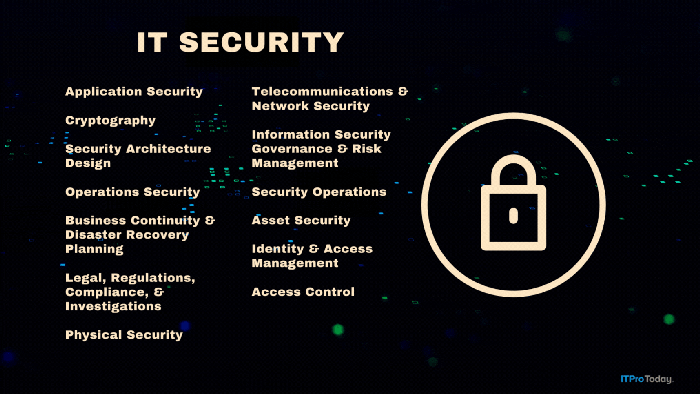Answers to 10 Commonly Asked Questions About Windows Shell Scripting
Windows shell scripting expert Dick Lewis answers questions about .bat and .cmd scripts.
October 4, 2007
Whether or not you're new to writing Windows shell (i.e., .bat and .cmd) scripts, you'll likely learn something from a Q&A by Dick Lewis. In it, Dick answers the following commonly asked questions:
I'd like to learn how to write Windows scripts, but I'm not sure which language to use (e.g., command shell scripting, VBScript, Perl). Is there a preferable language?
I've heard that .bat files' functionality is limited. Is this statement accurate?
How do I know which commands to use for particular tasks?
I installed the Windows Server 2003 Resource Kit Tools, but when I enter a command at a command prompt, I receive the message, 'Command' is not recognized as an internal or external command, operable program or batch file. What am I doing wrong?
I've tried running several commands that I've seen in command shell scripting articles, but I receive error messages. What could be causing the problem?
I'm interested in command shell scripting because I've heard it can help me monitor security in my environment. How can I use shell scripts to enhance security?
Which Windows command shell scripting books are useful?
I want to set up one machine on which to develop and test scripts and set up another machine in my production environment to run the scripts. What hardware and software are necessary?
Do I need to obtain or purchase a script editor to edit my scripts?
I have several Windows OSs in my environment. How can I easily test my newly developed scripts across all the OSs?
To find out the answers to these 10 questions, read Dick's article "The FAQs About Setting Up Your Shell Scripting Environment". I've opened up this article for public viewing through November 1. If you enjoy reading this article, you can get more of this type of content by subscribing to Scripting Pro VIP.
About the Author
You May Also Like







.png?width=700&auto=webp&quality=80&disable=upscale)